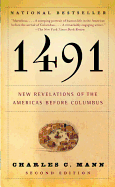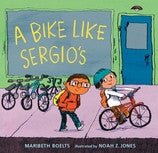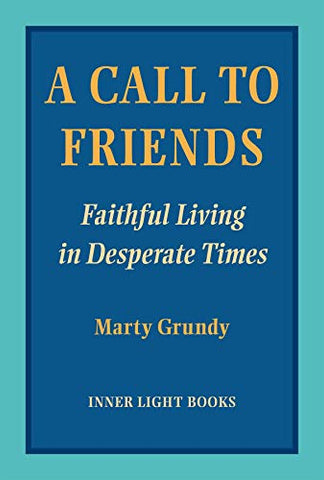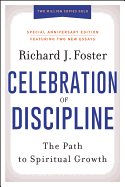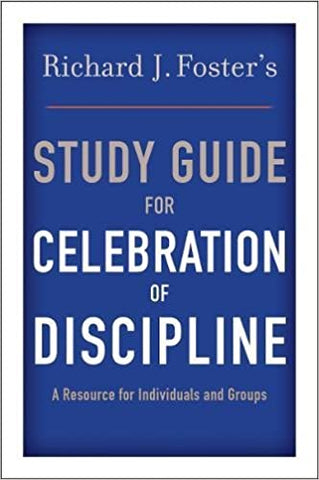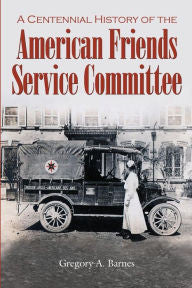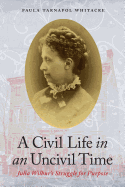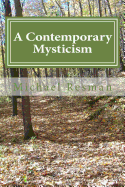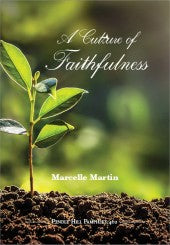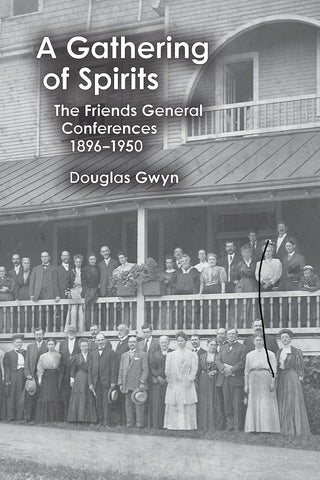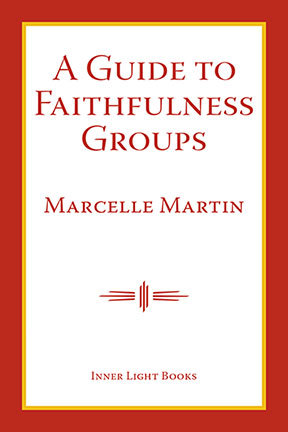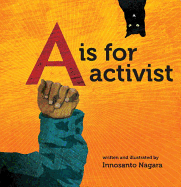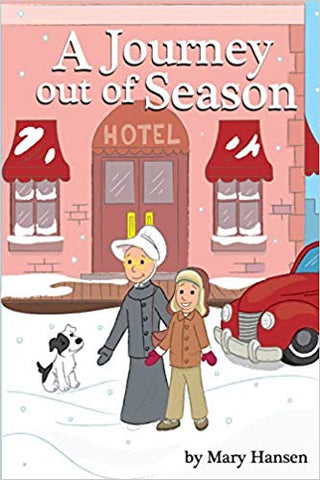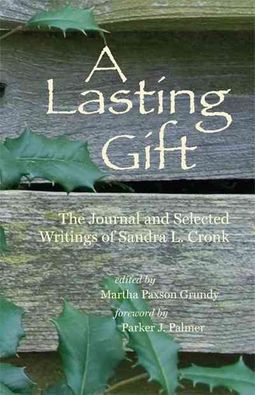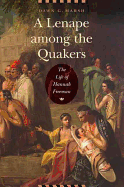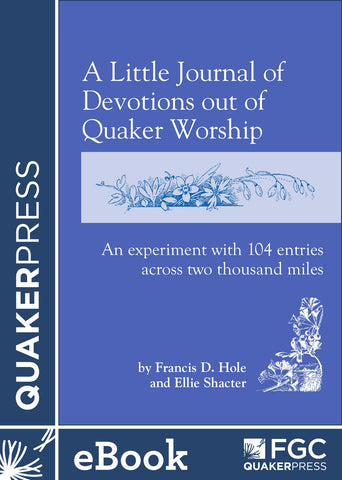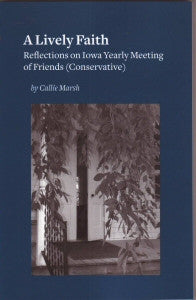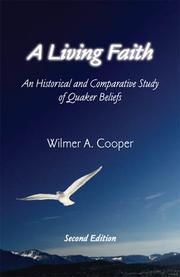- Home
-
Featured Collections
- The Meetinghouse Bookshelf
- Anti-Racism
- Spirit-Led Healing
- Recent Arrivals
- Our 25 Best Sellers
- Art, Poetry, and Prayer
- Books in Spanish
- Children's Books on Black America
- Clerking, Recording, & Business Meeting
- Connecting with New Friends
- Earthcare and Transformation
- Eldership
- For Children: On God, Prayer, and the Bible
- Friends, Money, & Business
- Grieving
- History & Society
- Incarceration
- one and done
- Parenting
- Understanding Other Faiths
- Universalism & Nontheism
- Book Musings
- Donate
- Contact Us
- About Us

